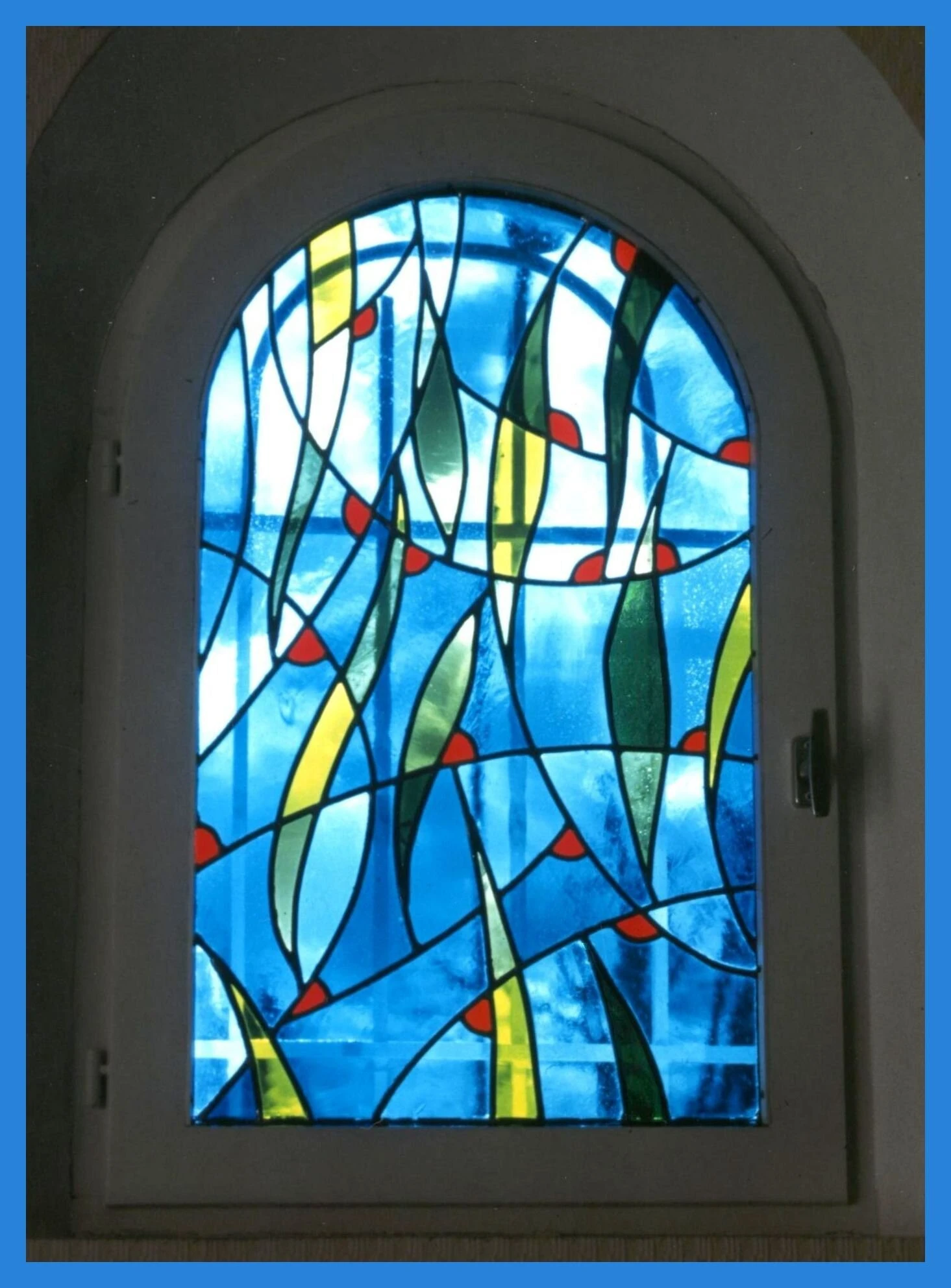

The Advancements of IGU Window Glass A Key to Energy Efficiency
In recent years, the significance of Insulated Glass Units (IGUs) has come to the forefront, particularly in the context of energy efficiency and environmental sustainability. IGU window glass is a crucial innovation in modern architecture, providing solutions that not only enhance aesthetic appeal but also improve insulation in buildings.
The Advancements of IGU Window Glass A Key to Energy Efficiency
One of the standout features of IGUs is their versatility. They can be customized with various tints, coatings, and thicknesses to suit specific needs and preferences. For instance, low-emissivity (Low-E) coatings are often applied to the glass surface to reflect infrared energy, thereby improving thermal performance without compromising natural light. This dual functionality is particularly appealing to homeowners and architects who want to maximize comfort while maintaining an open and bright environment.

Furthermore, the sound insulation properties of IGUs are noteworthy. The airspace between the panes acts as a sound barrier, significantly reducing noise pollution from outside. This feature is especially beneficial for homes and offices located in urban areas where external noise can be a major disturbance. The ability of IGUs to enhance both thermal and acoustic comfort makes them a preferred choice in diverse settings, from residential buildings to commercial offices.
The manufacturing process of IGU window glass has also evolved with advancements in technology. Modern techniques allow for the production of larger units with enhanced durability and efficiency. Additionally, several manufacturers are now focusing on sustainable practices by sourcing eco-friendly materials and ensuring that their production processes minimize waste and environmental impact.
As society becomes increasingly aware of the importance of energy conservation and climate change mitigation, the demand for IGU window glass continues to rise. Governments are implementing stricter building codes that prioritize energy efficiency, making IGUs an essential component of modern construction and renovation projects.
In conclusion, IGU window glass represents a significant leap forward in the quest for energy-efficient solutions in architecture. With their remarkable thermal performance, acoustic benefits, and customizable options, IGUs not only improve the quality of life for occupants but also contribute to a more sustainable future. As we move towards greener building practices, IGUs will undoubtedly play a pivotal role in shaping the next generation of structures.